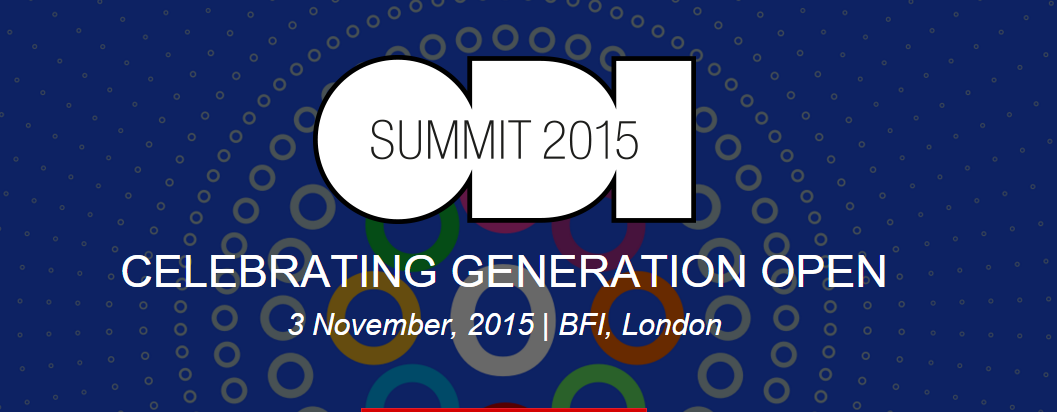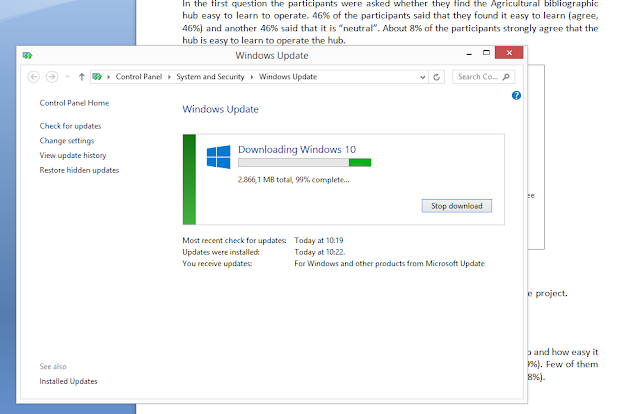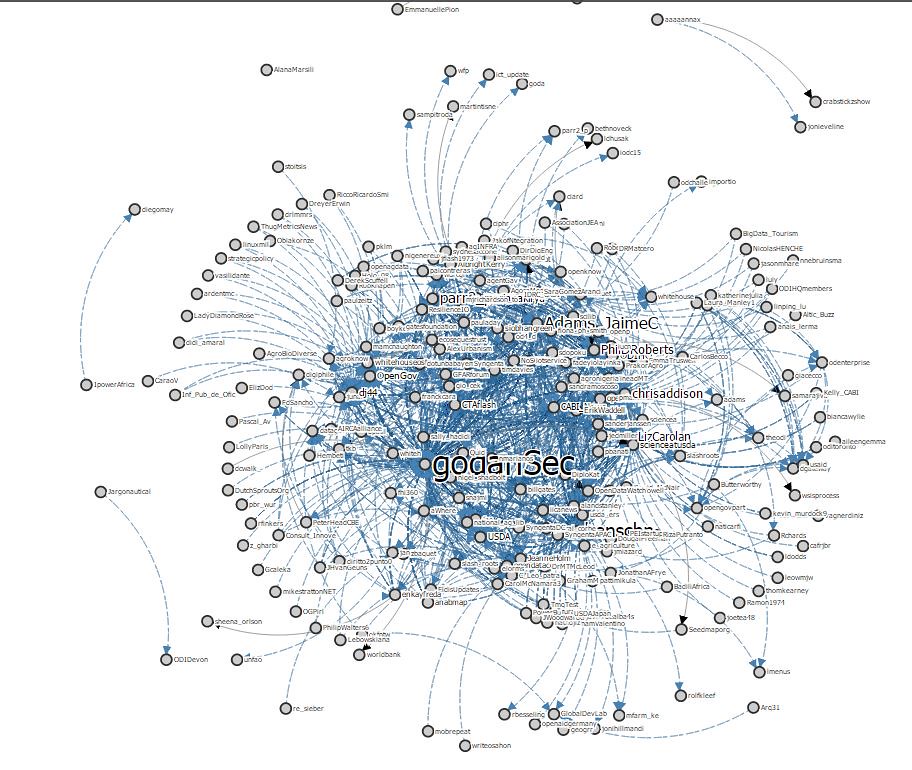My work laptop is a Toshiba Satellite C670 - a basic but sufficient 17-inch laptop with some minor drawbacks (such as the lack of HDMI & USB 3.0 ports, as well as the existence of only 2 USB 2.0 ports) which does a great jo at the office. It came with Windows 7, soon upgraded to Windows 8.1 through a Microsoft offer offering the new OS for just 20 euros (or something like that) and recently upgraded to Windows 10 - all these without a format since 2012. As it was not getting the Windows 10 November update, I considered the Christmas holidays as a great opportunity to spend some time with it and making sure it has the latest version of the OS, fix some bug and clean things up.
So I spent some time the other day preparing everything, such as:
I took some time to reinstall some favorite apps like MS Office, Google Chrome, Skype, Acrobat Reader, Dropbox etc., set up OneDrive and fine tune some settings to bring the experience closer to my needs. I also copied back some of the data that I previously had, such as photos, music and documents (so not the whole user folder, as it still contained some obsolete stuff).
Performance seems to have been slightly improved and some delays (e.g. when right-clicking on the desktop or a file) seem to be fixed. I also got rid of some of the Toshiba pre-installed apps that came with the laptop back in 2012 (including the Nero suite, that I never used during all these years). So far so good, and my work laptop is ready to face the challenges of the new year quite refreshed!
So I spent some time the other day preparing everything, such as:
- Getting rid of obsolete stuff taking up precious space of the hard disk;
- Getting an image of the current system, using the built in functionality of Windows 10 on my external hard disk (so that I could go back to the current state of the OS in case something went wrong);
- Moving stuff that I needed (such as my user folder) to my external hard disk, so that I could copy them over my fresh installation, if all went well.
- Preparing a bootable USB flash drive with Windows 10 Pro 64-bit (the OS that my Toshiba currently has)
I took some time to reinstall some favorite apps like MS Office, Google Chrome, Skype, Acrobat Reader, Dropbox etc., set up OneDrive and fine tune some settings to bring the experience closer to my needs. I also copied back some of the data that I previously had, such as photos, music and documents (so not the whole user folder, as it still contained some obsolete stuff).
Performance seems to have been slightly improved and some delays (e.g. when right-clicking on the desktop or a file) seem to be fixed. I also got rid of some of the Toshiba pre-installed apps that came with the laptop back in 2012 (including the Nero suite, that I never used during all these years). So far so good, and my work laptop is ready to face the challenges of the new year quite refreshed!




























